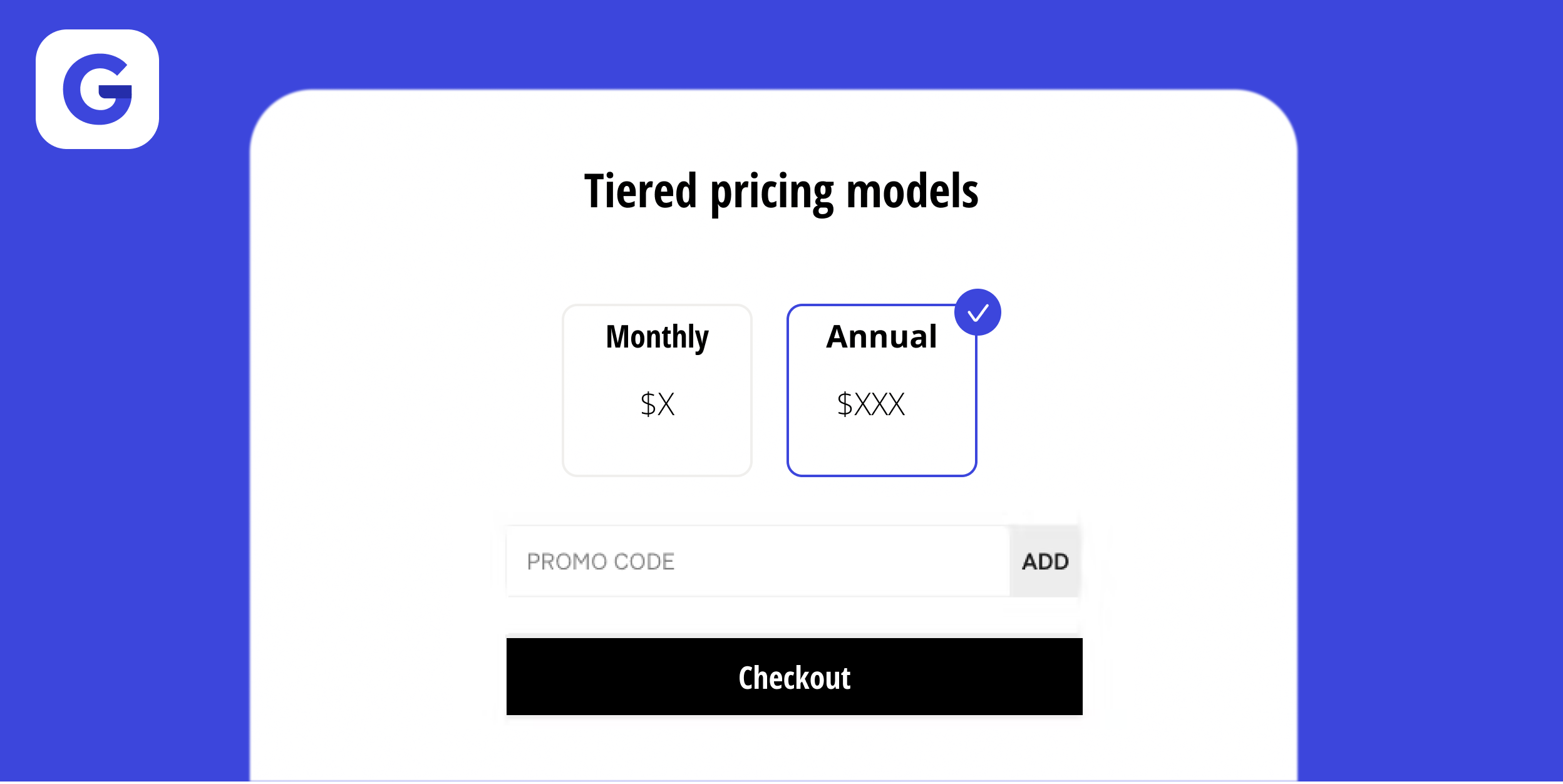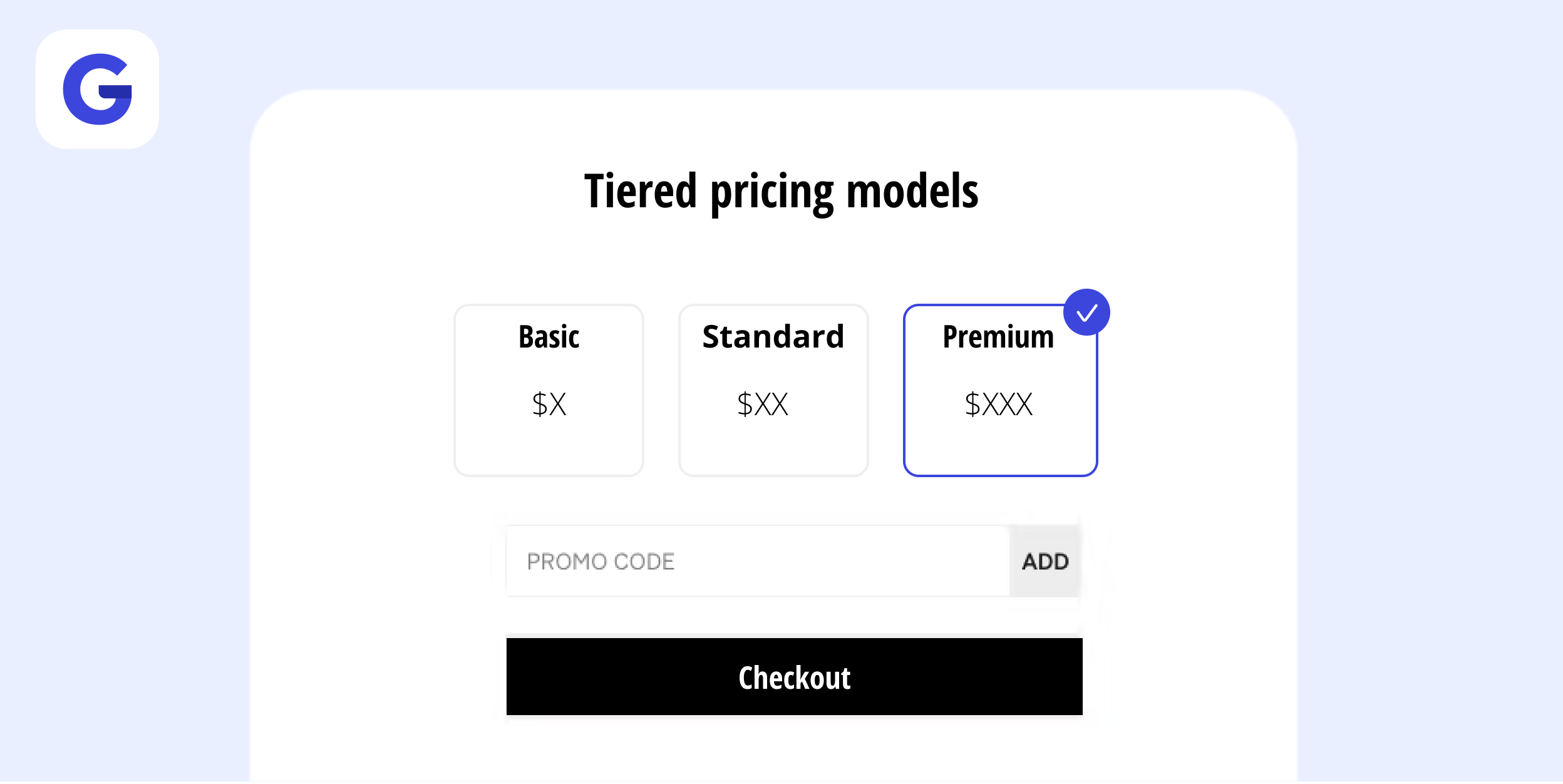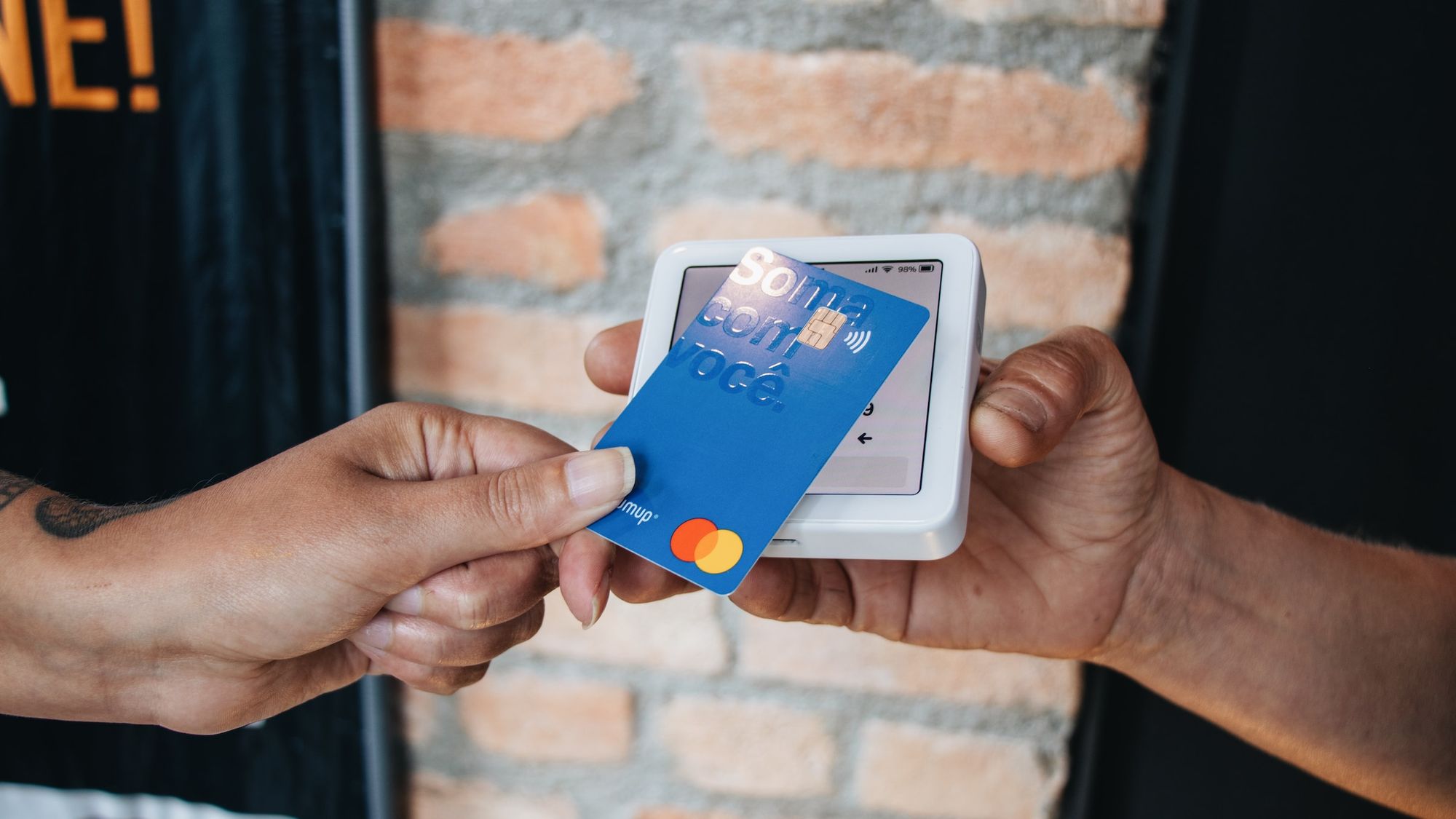
Simplifying Business Payments: Alternative Payment Solutions for Small Businesses
In today's fast-paced business landscape, small businesses are constantly seeking ways to streamline their payment processes and offer convenient options to their customers. Alternative payment solutions have emerged as a valuable resource that goes beyond traditional cash and credit card transactions. In this article, we will explore alternative payments tailored specifically for small businesses, understanding their significance, benefits, and how to integrate them seamlessly. What are alter
by Growpay
In today's fast-paced business landscape, small businesses are constantly seeking ways to streamline their payment processes and offer convenient options to their customers. Alternative payment solutions have emerged as a valuable resource that goes beyond traditional cash and credit card transactions. In this article, we will explore alternative payments tailored specifically for small businesses, understanding their significance, benefits, and how to integrate them seamlessly.
What are alternative payment examples?
Alternative payment solutions encompass a range of non-traditional methods that businesses can adopt to facilitate transactions. Some examples that cater specifically to small businesses include:
- Payment Apps - Embracing mobile payment apps such as Square, PayPal, or SumUp allows small businesses to accept credit card payments anywhere through their smartphones or tablets. These apps provide a cost-effective and portable alternative to traditional card terminals.
- Online Payment Processors - Integrating payment processors like Stripe, Braintree, or Adyen into your website enables secure online transactions, making it easy for customers to purchase products or services directly from your website.
- Digital Invoicing - Utilizing digital invoicing platforms like FreshBooks, QuickBooks, or Xero allows you to create professional invoices and receive payments electronically. Customers can pay directly from the invoice, improving convenience and expediting the payment process.
- Virtual Terminal - A virtual terminal enables businesses to accept payments over the phone or through mail orders. Services like Square provide small businesses with the ability to key in credit card information securely and process transactions.
What is meant by alternative payments?
Alternative payments for small businesses refer to non-traditional methods of accepting payments beyond cash and credit cards. These solutions offer convenience, flexibility, and enhanced payment experiences for both businesses and customers. By adopting alternative payment solutions, small businesses can expand their customer base, increase sales, and streamline their operations.
What are the payment options for business?
Small businesses have a range of payment options to consider. Some common options include:
- Credit/Debit Card Payments - Accepting credit and debit card payments is a standard practice for small businesses. This can be achieved through mobile card readers, online payment gateways, or virtual terminals.
- Online Payment Platforms - Utilizing e-commerce platforms like Shopify, WooCommerce, or BigCommerce allows small businesses to establish an online presence and accept payments securely through integrated payment gateways such as Shop Pay or Buy Now Pay Later (BNPL) payment providers such as Zip or Afterpay, Klarna or Affirm.
- Bank Payments - Small businesses can provide customers with their bank account details to facilitate direct transfers or pay directly via their Open Banking provider such as Banked. This method is becoming increasingly popular and commonly used for larger transactions or business-to-business payments.
- Digital Wallets - Integrating digital wallets such as Apple Pay, Google Pay, or Amazon Pay into your online store allows customers to make purchases easily and securely by utilizing their saved payment information.
What are the alternative payment channels?
Alternative payment channels specifically tailored for small businesses include:
- Mobile Point-of-Sale (mPOS) Systems - Transforming smartphones or tablets into portable card readers, mPOS solutions like Square, PayPal, or SumUp, me&u and Sunday enable small businesses to accept credit card payments on the go, whether in-store or at events.
- Online Invoicing Platforms - Dedicated online invoicing platforms, such as FreshBooks, QuickBooks, or Xero, offer features that simplify the invoicing process, allowing customers to make payments directly from their invoices.
- Payment Links - Many payment processors and online payment platforms allow small businesses to generate payment links that can be shared via email or messaging apps. Customers can simply click on the link to make payments securely.
- Recurring Billing - For businesses offering subscription-based services or recurring payments, utilizing recurring billing solutions like Chargebee or Recurly automates the payment process, ensuring timely and hassle-free transactions.
How do I set up payments for my small business?
Setting up alternative payment solutions for your small business can be done efficiently by following these steps:
- Research and Choose a Payment Solution - Identify the payment options that align with your business requirements and target audience. Research reputable payment processors or platforms that offer the desired features and integrations. Online payments marketplace platforms such as Growpay can help streamline the payments discovery process for small businesses through it's community-led approach.
- Establish a Merchant Account - Sign up to Growpay and contact the chosen payment processor to set up a merchant account. This account enables you to accept electronic payments and process transactions securely.
- Integrate the Payment System - Integrate the chosen payment solution into your website, online store, or mobile app. Follow the provided documentation or seek assistance from the payment processor's support team for seamless integration. Alternatively, orchestrators such as Primer can be a great alternative option.
- Test and Launch - Thoroughly test the payment system to ensure smooth functionality. Conduct test transactions and verify that payments are being processed correctly. Once satisfied, make the payment options available to your customers.
- Ensure Security and Compliance - Implement security measures to protect customer payment data and comply with relevant regulations such as the Payment Card Industry Data Security Standard (PCI DSS).
By simplifying payment processes and offering alternative payment solutions, small businesses can enhance the overall customer experience, increase sales, and improve operational efficiency. From mobile payment apps and online payment gateways to digital invoicing and virtual terminals, there are numerous options available that cater specifically to small businesses. By following the steps outlined in this article, small businesses can streamline their payment systems and stay ahead in an increasingly digital and competitive business landscape.
About Growpay
Growpay is an online marketplace, helping simplify payment discovery for businesses worldwide. For more information, visit www.growpay.co.
Relevant Articles

Understanding Subscription Billing Solutions
Subscription billing has become increasingly popular in recent years, with more and more businesses adopting this model to offer their products or services. From streaming platforms to software companies, subscription-based business models have proven to be successful and profitable. However, managing subscription billing can be complex and time-consuming without the right solution in place. In this blog post, we will dive deep into the world of subscription billing solutions and explore why bu

Why Businesses Need Recurring Billing Software in 2024
In today's fast-paced business environment, businesses are constantly looking for ways to optimize their processes and improve their bottom line. One area where efficiency can be greatly enhanced is in billing and payment management. Recurring billing software offers a powerful solution for businesses that have recurring revenue streams, such as subscription-based services or membership programs. With the ability to automate invoicing, manage subscriptions, and integrate with multiple payment g

What is a Payment Gateway and Why Your Business Needs One
Any business that accepts cashless transactions needs a payment gateway. A payment gateway is a tool that captures card information and securely transfers payment data from a customer to the acquirer, and then transfers the payment acceptance or decline back to the customer. If approved, the funds transfer to your business account. Why do you need a payment gateway? A payment gateway is necessary to validate a customer’s card details securely, ensuring funds are available for the purchase — s